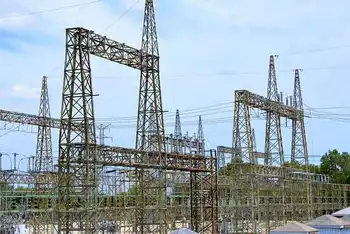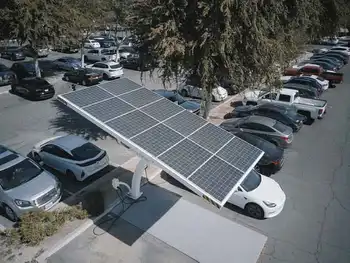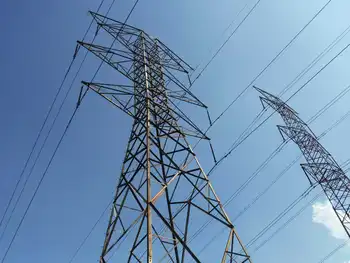Bangladesh to build nuclear plant with Russian help
BANGLADESH - In a bid to bridge the power supplydemand deficit, Bangladesh has announced plans to build a 1,000megawatt MW nuclear power plant with technology assistance from Russia.
The cabinet, headed by Prime Minister Sheikh Hasina, has approved the deal.
The total investment on the nuclear power plant, which will be at Roopur in western Bangladesh, is estimated to be about $2 billion. The nuclear plant is likely to begin generating electricity in 2014.
The initial agreement was signed between the two countries last year. Sources indicate that a Russian delegation will visit Bangladesh to hold further discussions. The final agreement is expected to be signed during Sheikh Hasinas proposed state visit to Russia later this year. However, details of the visit have not been disclosed.
Steadily declining gas reserves and undeveloped coal mines have forced Bangladesh to explore electricitygenerating opportunities in the nuclear power sector. The countrys coal reserves are estimated to be about 3.3 billion tons, of which recoverable resources are about 884 million tons.
Bangladesh has a population of nearly 150 million. The daily electricity shortfall for a peak demand of 5,500 MW is nearly 2,000 MW. Households face power cuts for several hours a day. Industry analysts have observed that derelict coalbased and gasfired power plants and obsolete technology have steeply reduced fuel efficiency and powergenerating capability.
Recently, some of the countrys fertilizer plants were shut down to divert gas for power generation. Acute power outages have adversely affected Bangladeshs industrial development and economy. According to TawfikeElahi, Energy Advisor to Sheikh Hasina, Bangladeshs economic growth could have been at least 1 to 2 higher if not for the energy crisis.
Recently, declaring power as the lifeline for economic development, Sheikh Hasina expressed confidence in a sustained electricity supply by 2020. The announcement was made during the inauguration ceremony of the 51MW Fenchuganj rental power project in Sylhet division. It also was indicated that steps have been taken to increase the national powergenerating capacity to 7,000 MW by 2013.
To achieve this target, contracts have been awarded to companies to build 1,000MW power plants in different locations in Bangladesh. Last month, the cabinet also approved construction of an 830MW power project. To ensure steady and sustained fuel supply for existing power plants, the government is exploring the possibility of importing liquefied natural gas LNG from Qatar.
Discussions are under way to sign electricity import agreements with Bhutan, India, Myanmar and Nepal.
As part of the IndiaBangladesh Power Exchange Program, a transmission line is under construction connecting Bhermara in Bangladesh and Bahrampur in the state of West Bengal in India. On completion, the transmission line will enable Bangladesh to import 250 MW from India.
Recently, Abul Mal Abdul Muhith, the Bangladesh Finance Minister, indicated that the government was developing guidelines for publicprivate partnerships and investments in the hydrocarbons, infrastructure and power sectors. Muhith was addressing international delegates at a conference organized by the International Chamber of Commerce Bangladesh in Dhaka. He also stated that the government has cleared power projects worth $1 billion in the last 12 months. The government is also organizing road shows globally to attract international investors and technology partners.
In a related development, according to the Asian Development Outlook — 2010 report released by Asian Development Bank, Bangladeshs economy is forecast to register 6.3 growth in 201011. The economic recovery has been attributed to an improvement in business and investor confidence as the electricity situation in the country is expected to improve.
Related News

Power outage update: 252,596 remain without electricity Wednesday
EASTERN CAROLINA - Power is slowly being restored to Eastern Carolina residents after Hurricane Florence made landfall near Wilmington on Friday, September 15.
On Monday, more than half a million people remained without power across the state.
As of Wednesday morning at 1am, the Dept. of Public Safety reports 252,596 total power outages in North Carolina.
More than half of those customers are in Eastern Carolina.
More than 32,000 customers are without power in Carteret County and roughly 21,000 are without power in Onslow County.
In Craven County, roughly 15,000 people remain without power Wednesday morning.
Many of the state's outages are effecting the Wilmington area,…




